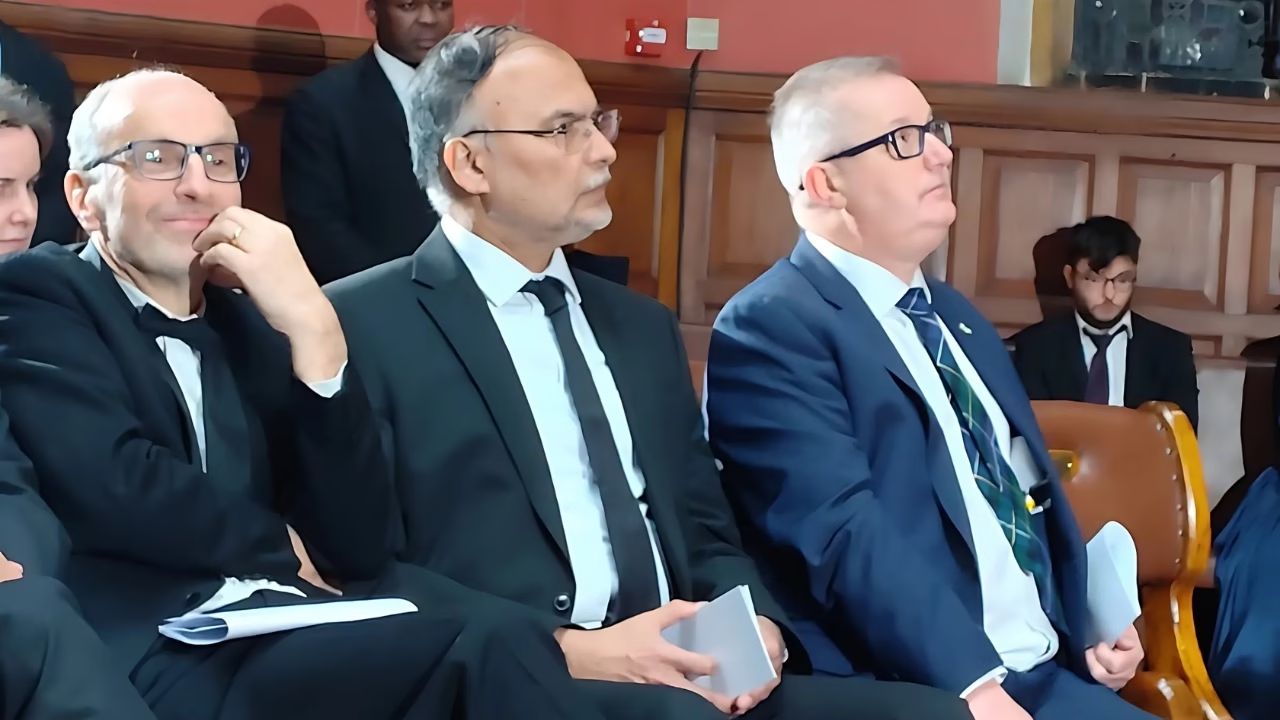The Pakistan Penal Code Amendment Bill 2025 has introduced significant changes to strengthen justice delivery and address pressing social issues. The Senate Standing Committee on Law and Justice has approved amendments that increase the minimum value of diyat from 30,663 grams to 45,000 grams of silver, aligning the compensation framework with inflation and current economic realities. These reforms demonstrate the government’s commitment to public welfare, fairness, and access to justice.
Increase in Diyat Value
A major feature of the Pakistan Penal Code Amendment Bill 2025 is the increase in the diyat value. Previously set at 30,663 grams of silver, the new figure is now 45,000 grams. This adjustment ensures that heirs of deceased individuals receive fairer compensation, reflecting the sanctity of life and the need for stronger deterrence against violent crimes.
Senator Farooq H. Naek, Chairman of the Standing Committee, highlighted that this revision was essential to maintain justice in line with societal expectations. He emphasized that legislative reforms must evolve with time to protect citizens effectively.
Alignment with Islamic Principles
Senator Samina Mumtaz Zehri clarified that the increase in diyat under the Pakistan Penal Code Amendment Bill 2025 strictly adheres to Islamic injunctions and Shariah principles. The adjustment is designed not only to maintain fairness but also to ensure that laws remain consistent with religious obligations.
However, Senator Kamran Murtaza recorded his dissent, expressing concerns about the potential burden on financially underprivileged convicts. Despite this, the overall consensus among committee members was that the reform was necessary to maintain balance between justice, deterrence, and compassion.
Family Courts (Amendment) Bill 2024
In addition to the penal code reforms, the Committee also approved the Family Courts (Amendment) Bill 2024. This legislation seeks to provide timely financial relief for divorced women and their children by making maintenance allowances a priority.
Under the amendment, maintenance must be fixed at the first hearing. Furthermore, if a defendant fails to pay the allowance by the 14th of each month, their defence will be struck off, and the case decided in favor of the complainant.
Senator Samina Mumtaz Zehri stressed that in Pakistan, divorce proceedings often stretch for years, leaving women and children vulnerable. By addressing this issue, the law ensures timely justice and restores dignity to affected families.
People-Centric Legal Reforms
The Pakistan Penal Code Amendment Bill 2025 and the Family Courts (Amendment) Bill highlight a shift towards people-centric legislation. Senator Farooq H. Naek praised the constructive contributions of committee members and reaffirmed their commitment to protecting vulnerable groups.
He emphasized that laws must serve the people and evolve with social, cultural, and economic realities. Protecting women, children, and marginalized communities was identified as the primary objective of these reforms.
Constitutional Concerns and Dissent
While most members supported the amendments, dissenting opinions were also recorded. Senator Kamran Murtaza raised constitutional concerns, particularly under Article 10-A, which guarantees the right to a fair trial. He argued that striking off the defence for non-payment of maintenance could potentially undermine this right.
Nevertheless, the majority of the committee viewed the reforms as necessary for ensuring efficiency in family courts and upholding justice for vulnerable citizens.
Withdrawal of Constitution (Amendment) Bill 2025
During the same session, the committee also reviewed the Constitution (Amendment) Bill 2025, introduced by Senator Mohammad Abdul Qadir. The bill sought to make changes to Article 27 but was withdrawn with the committee’s consent. This decision came after the mover acknowledged the redundancy of the amendment in light of a recent Supreme Court ruling and the existing proviso in Article 27(1).
Impact on Justice and Society
The passage of the Pakistan Penal Code Amendment Bill 2025 is a milestone in aligning Pakistan’s legal framework with modern needs. By revising diyat to 45,000 grams of silver, the legislation ensures that heirs of victims are fairly compensated, strengthening deterrence against violent crimes.
At the same time, the Family Courts (Amendment) Bill 2024 provides crucial financial protection for divorced women and children, ensuring that justice is not delayed for the most vulnerable members of society.
The approval of the Pakistan Penal Code Amendment Bill 2025 reflects Pakistan’s evolving legal and social priorities. By increasing diyat values, aligning laws with Islamic principles, and addressing family court delays, the reforms aim to create a more equitable justice system.
While dissenting voices have raised valid concerns about implementation and constitutional safeguards, the overall direction remains clear: Pakistan’s legal system is moving towards inclusivity, fairness, and stronger protection for its citizens. These people-centric reforms reaffirm the state’s commitment to justice, deterrence, and public welfare in an ever-changing society.



